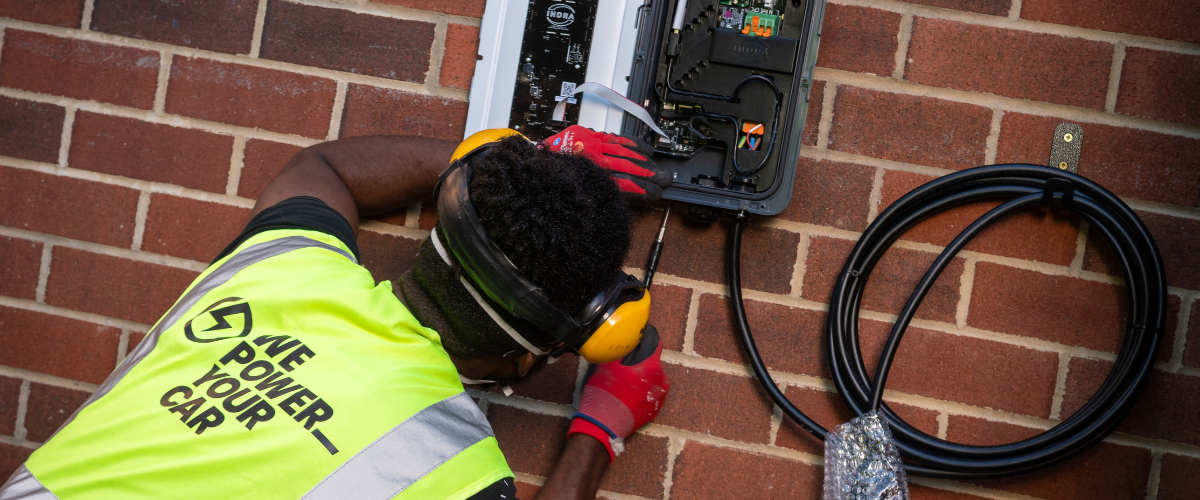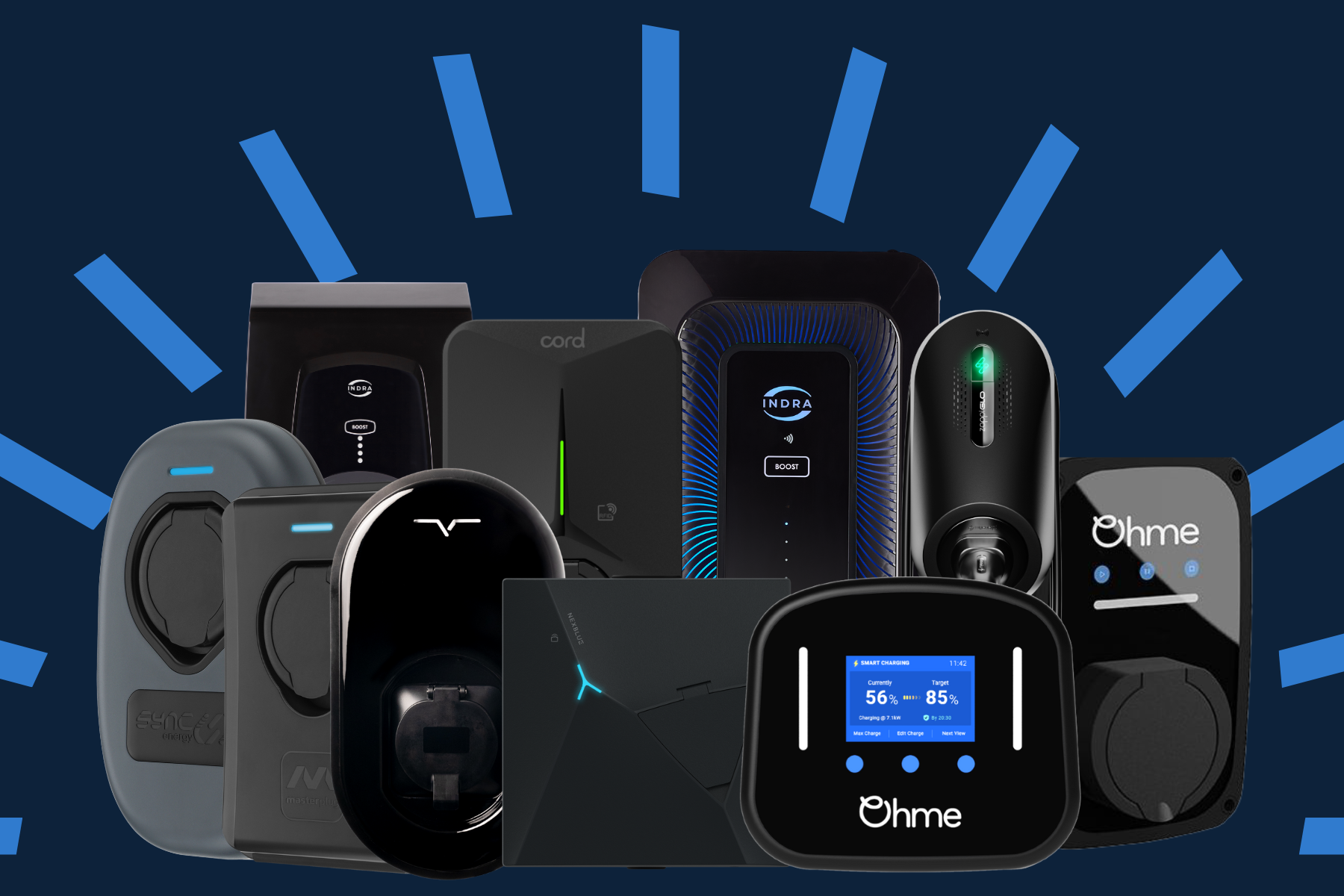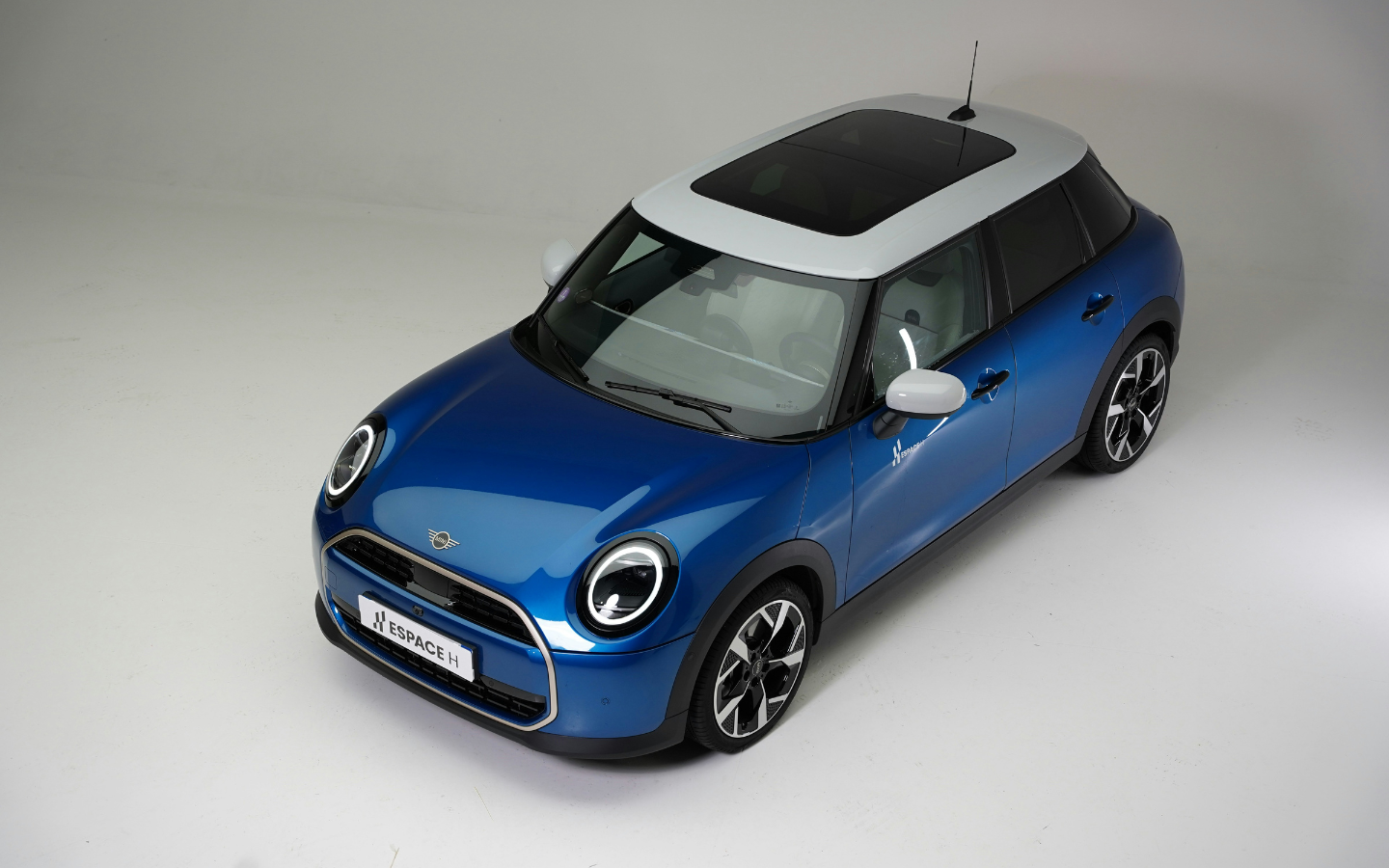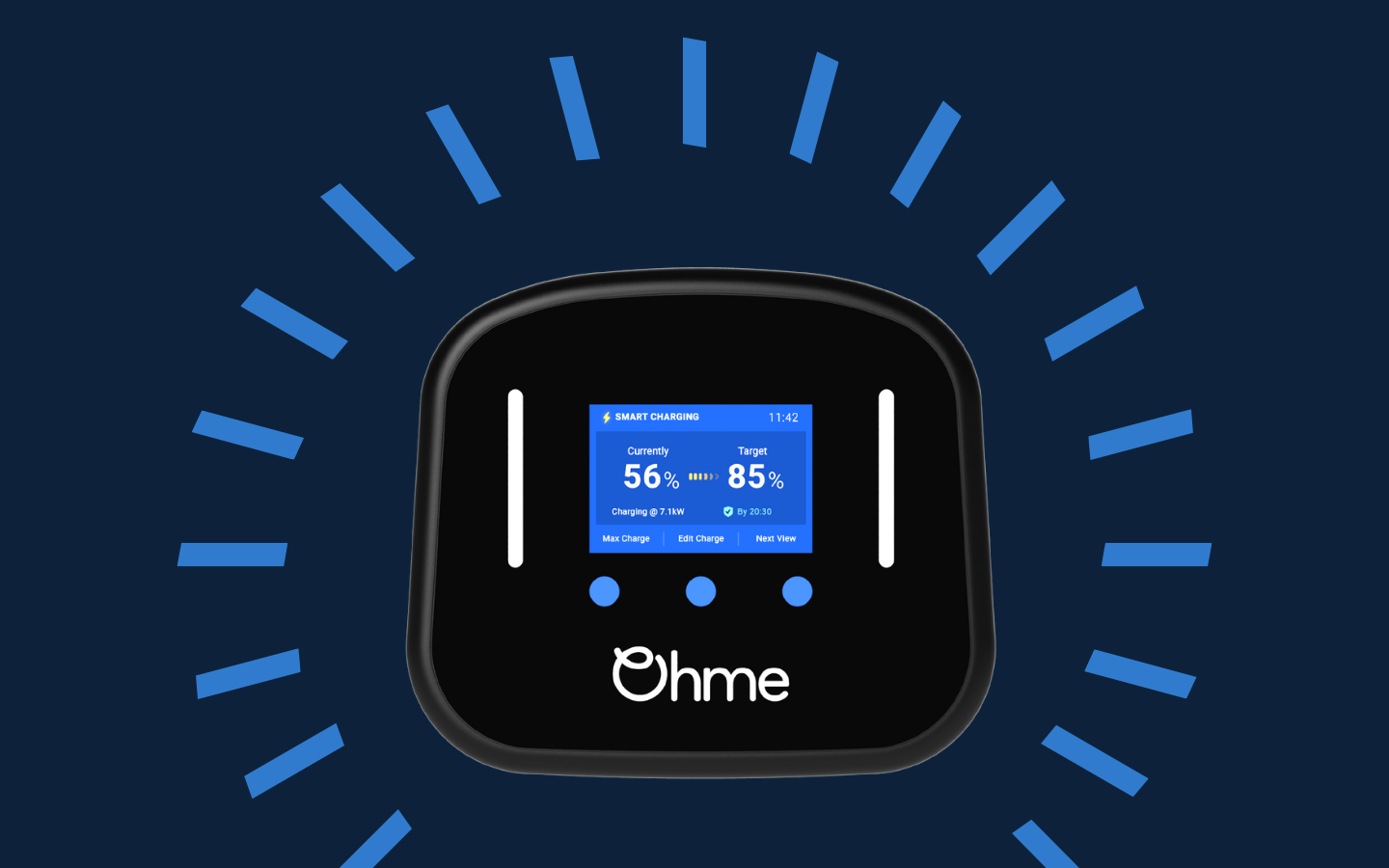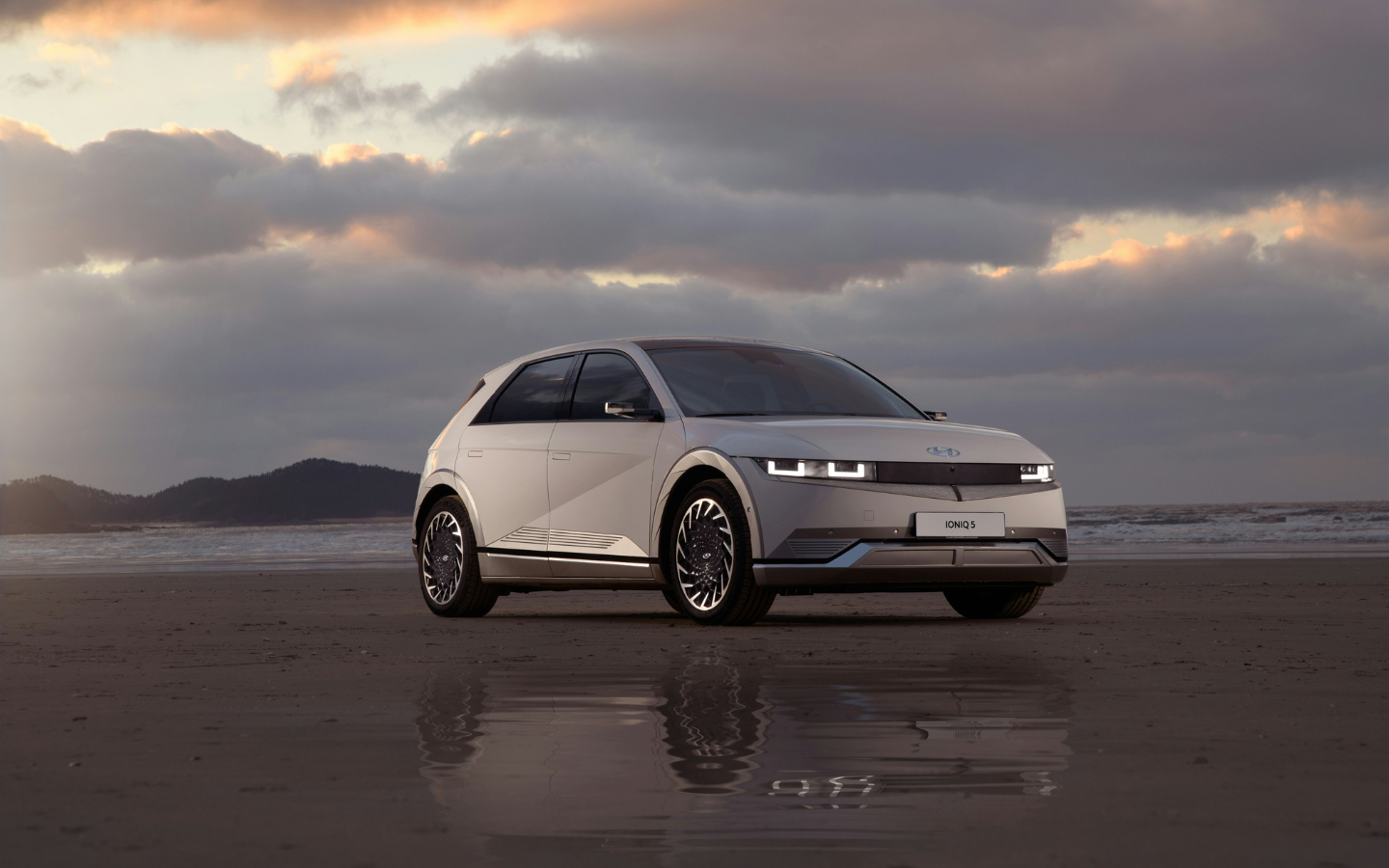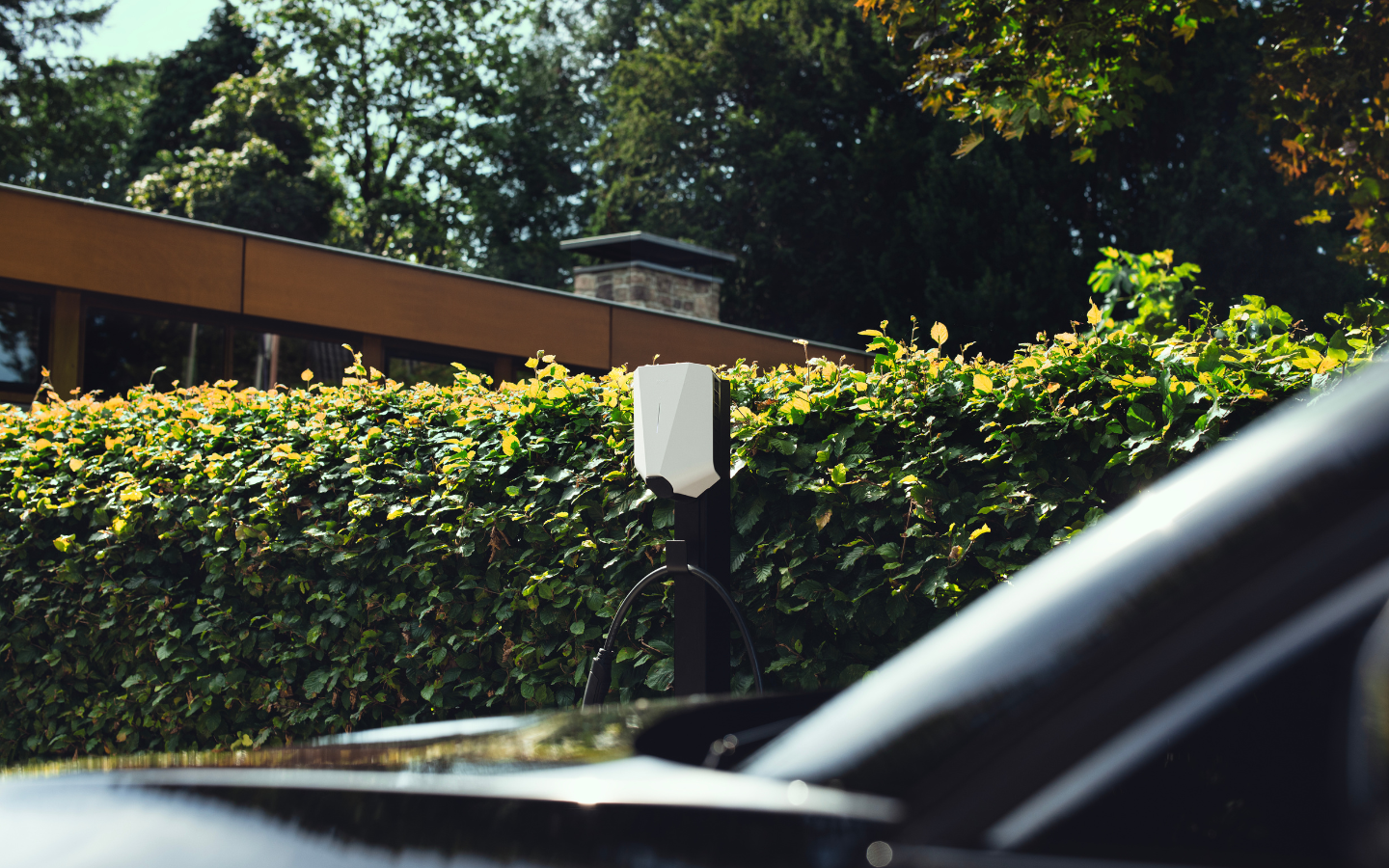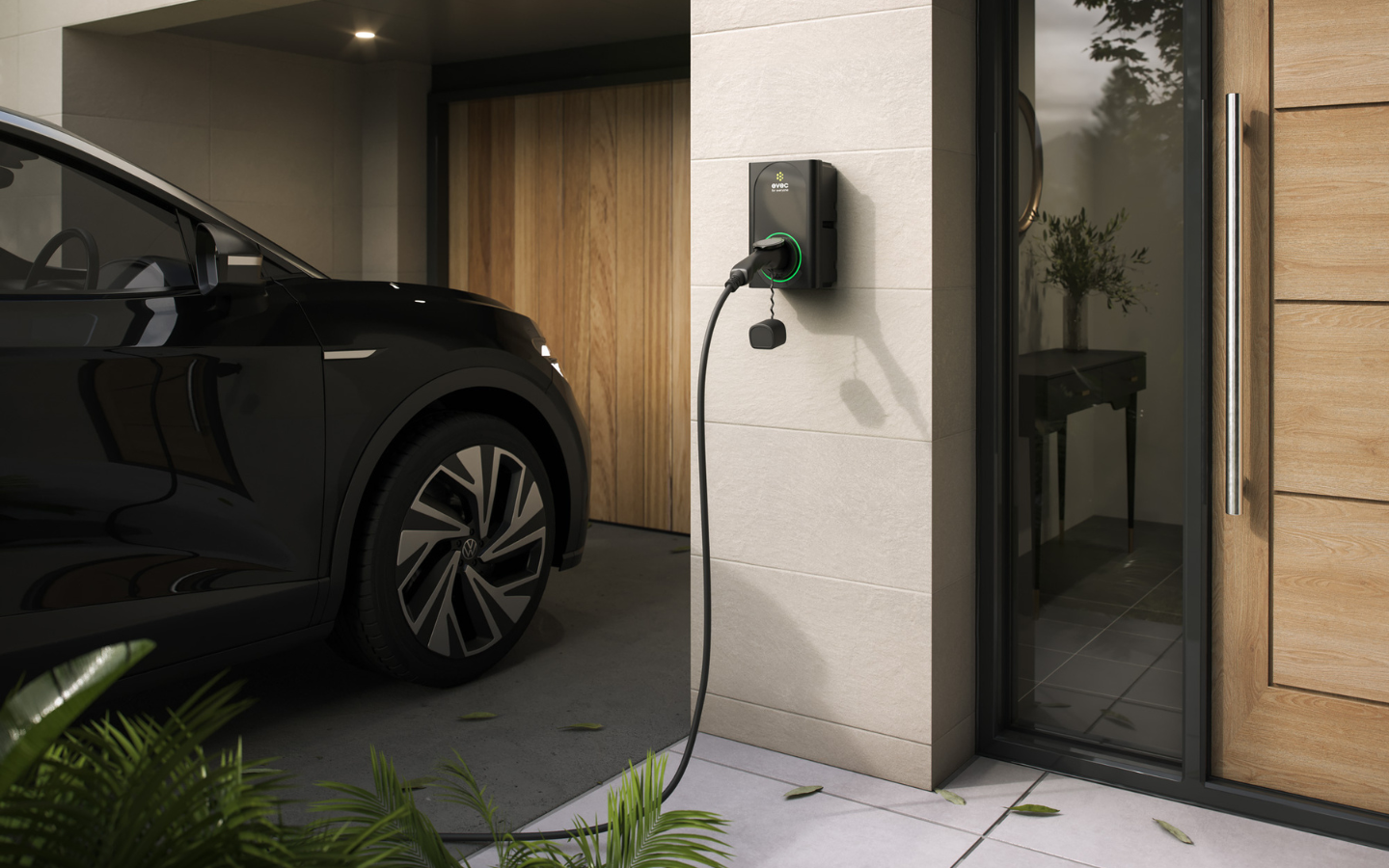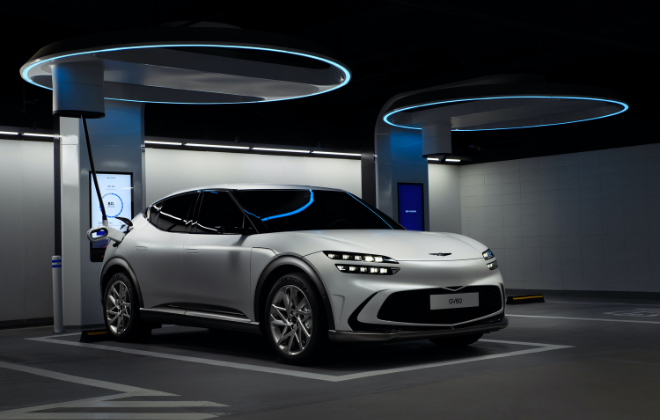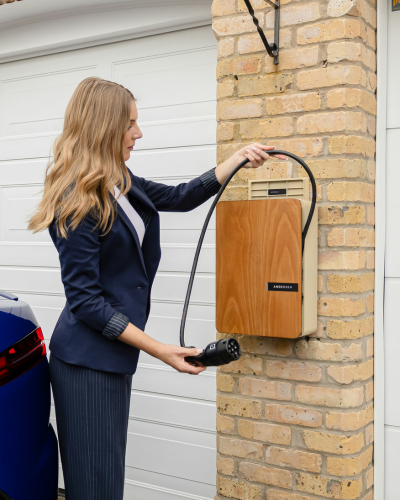

Are EV chargers AC or DC?
Whether you’re new to the world of electric vehicle charging or a seasoned pro, understanding the types of EV chargers available and how they differ is important for every electric vehicle owner, so you know how to charge appropriately.
One key part is the difference between AC and DC EV chargers.
So, in this article, we’re going to answer the question – Are EV chargers AC or DC?
Read on to explore the differences between AC and DC charging for electric vehicles; where you can expect to find each type of charger and let you know which is better for your EV.
Are EV chargers AC or DC?
Electric vehicle chargers can be AC or DC; both currents are used in relation to electric vehicle charging. However, it depends on the type of electric car charger as to what current is used. As a general rule of thumb, home EV chargers and public electric vehicle charging points use AC, while chargers with high charging rates, such as rapid and ultra-rapid public charging points, use DC.
What’s the difference between AC and DC charging for electric vehicles?
To start, it’s important to note that electric vehicle batteries can only store DC current, and current from the grid is always AC. So the key difference between AC and DC charging for electric vehicles is where the conversion from AC to DC takes place.
With DC charging, electricity is sent directly to the battery, having already been converted AC into DC inside the charger. In comparison, AC charging requires an onboard charger inside your EV to convert the AC current from the grid into DC. Because of this, AC charging is typically slower than DC charging, and the charging rate is limited by the capacity of the onboard charger.
The process of converting AC to DC is not uncommon; it occurs in laptop and smartphone chargers, too, because the batteries require DC to charge.
Why is DC charging faster than AC?
DC charging is faster than AC because it sends power directly to the car battery without needing to convert the current via an onboard charger.
DC charging stations can therefore provide higher charging speeds, with capabilities of up to 350 kW, compared to AC charging rates of up to a maximum of 22 kW (with a three-phase electricity supply).
Are home EV chargers AC or DC?
Home EV chargers are always AC, with the most common home EV chargers being rated at 7.4 kW.
Dedicated home chargers come in both untethered and tethered forms, compared to DC, which are only tethered.
Charging an electric car at home with a 7kW AC charger takes approximately 4-8 hours – however, this depends on numerous factors.
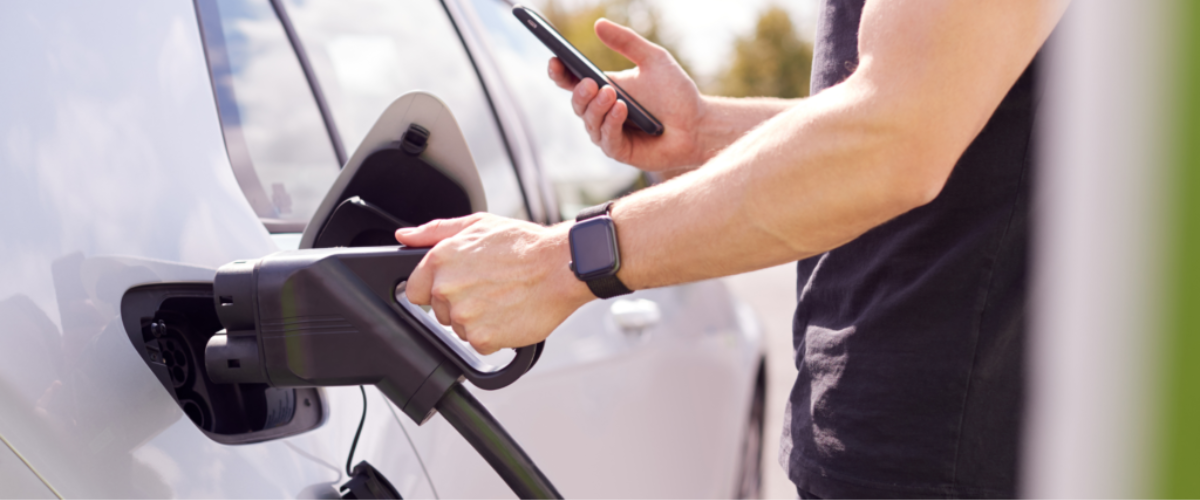
Can I have a DC EV charger installed at home?
While the answer is technically yes, you can have DC fast chargers installed at home; DC charging at home is not common by any means.
In fact, DC charging is typically only found at public charging stations and motorway services due to the high cost of the equipment and installation – typically named ‘ultra-rapid’ and ‘rapid’ chargers. Not only are DC chargers expensive, but a significant amount of power is required to operate them.
Instead, most EV owners opt for AC EV charging stations at home, typically at 7.4 kW. These are more affordable and easier to install than DC chargers and won’t negatively impact your EV battery when used daily. Home EV chargers also provide other benefits that you wouldn’t otherwise get with DC public chargers, including convenience and cost savings.
Higher-rated AC home chargers are also available in 11kW and 22kW if EV owners are interested in a higher-rated charger at home. But it’s important to note that they require a three-phase power supply, which is uncommon in UK households. Additionally, each EV has a maximum onboard charging capacity for AC, so your EV may not be able to take a higher rate of 22kW, making the higher charging rate redundant.
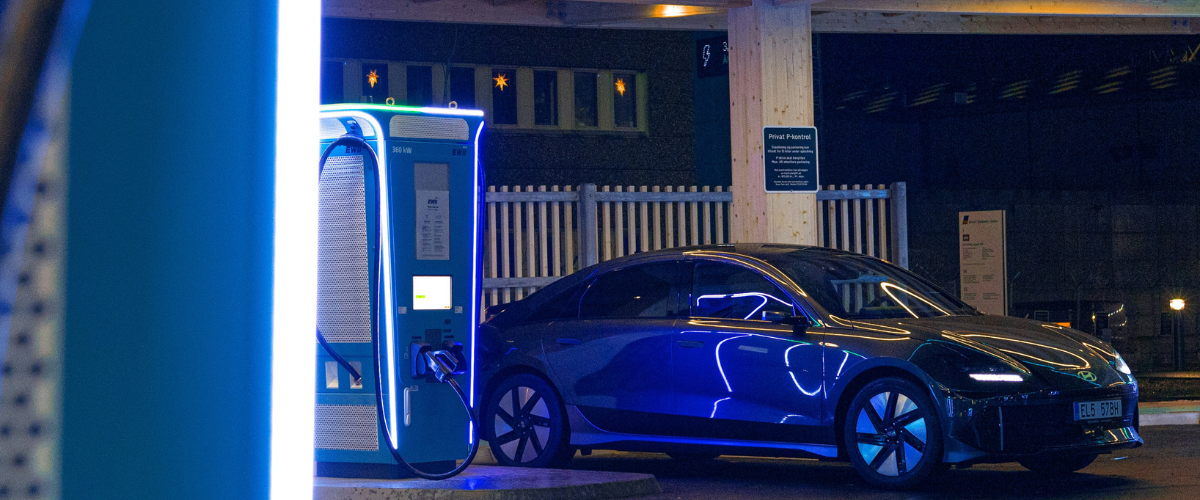
AC VS DC EV charging – which is better?
When it comes to AC vs DC EV charging, it’s important to consider your charging needs, your vehicle’s capabilities, and the charging infrastructure in your area.
AC charging is perfect for home charging due to the 7kW/22kW charging rate, and is vastly cheaper to have installed on your property. In comparison, DC charging is faster, making it ideal for when you need an urgent charge, but is better suited for public charging stations and long trips.
That being said, alternating current (AC) charging is better for your EV’s battery, as frequently charging at high DC rates can encourage premature battery degradation and decrease your electric car’s range.
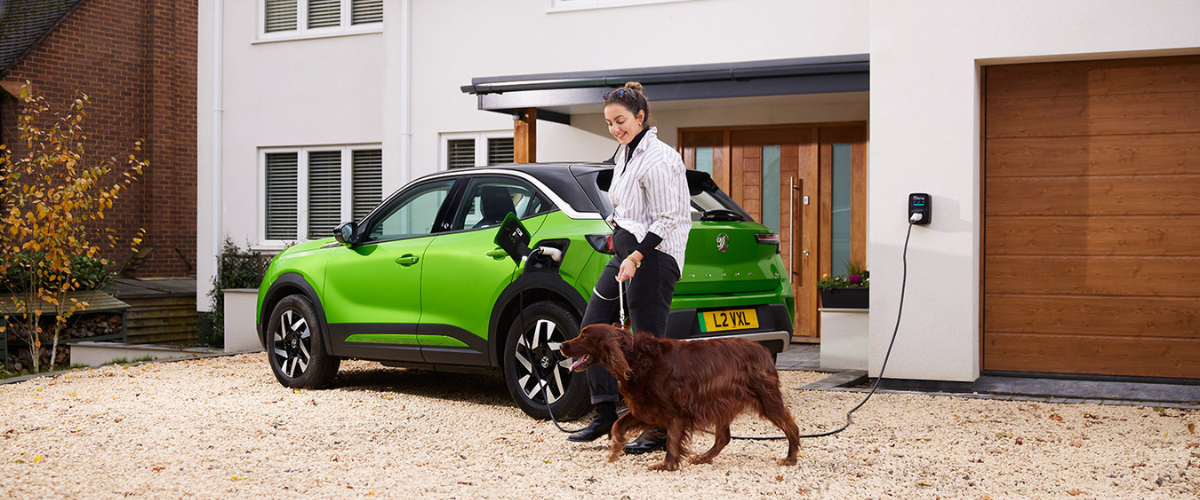
Summary:
- Electric cars always store DC energy, but electric vehicle chargers can be either Alternating Current (AC) or Direct Current (DC). Generally, home EV chargers are all AC, whereas public chargers can be either AC or DC.
- AC chargers use alternating current from the national grid, which has to be converted into DC energy via your EV’s onboard converter. Unlike DC chargers, which send direct current (DC) to the battery, which results in faster charging.
- DC chargers are typically found at motorway service stations and in public due to the expensive cost to install, while AC chargers are more commonly found at homes and workplaces.
Looking for a hassle-free AC or DC EV charger installation?
We provide end-to-end AC and DC electric car charging solutions nationwide, ensuring simple, hassle-free installation for you. If you’re interested in an AC home charger for your electric car or DC charging for your commercial business, call us on 03333 44 96 99 or get in contact. Our expert advisors are open seven days a week, including bank holidays, to offer free, unbiased advice.
Alternatively, explore EV charger installation in-depth in our guide to electric car charger installation.
Related articles
Stay up to date on the latest from We Power Your Car_
I consent to receive newsletters from We Power Your Car. Please see our Privacy Policy
